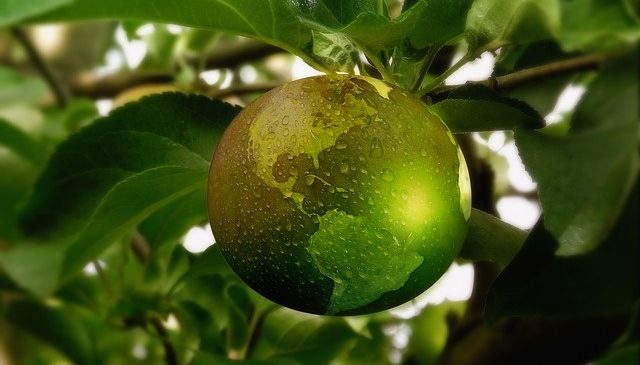
Cannabidiol (CBD) feels inherently green. For one, federally legal CBD is derived from hemp, which has various ecological benefits and applications. The reality is that a CBD product isn’t environmentally friendly in and of itself, as the process of production comes with an ecological price.
There are ways to reduce this cost to a minimum, especially as it relates to the big picture. Let’s track the CBD supply chain from its green agricultural roots to its branches into the consumer market.
Green Farming
Of course, all CBD originates in the fields, so eco practices should start there. Luckily, hemp already has a head start in that regard.
Hemp is famous for its low water “intake,” requiring 50% less water than cotton. And hemp’s waste stream can be channelled quite productively into different commodities. It also has a cleansing effect on the soil.
Hemp has all the makings to be an all-around green crop, as long as farmers don’t do anything to compromise that, such as using plastic mulch instead of a biodegradable equivalent.
Green Extraction
CO2 CBD extraction is currently the most eco-friendly method. It makes for pure, solventless, residue-free extraction.
Moreover, when CO2 is harnessed in a closed-loop extraction system, which recaptures solvents and recycles them, it makes for the ultimate green extraction method.
Green Distribution
Of course, the packaging and distribution side of things plays a huge part in any business and impacts eco-friendliness.
Companies should consider packages they use, if they’re recyclable and/or reusable, if they make the best use of space, and if there are any programs that can incentivize customers to send them back.
Bottom Line: Win-Win
While eco-friendliness may sometimes seem reserved only for companies that have already taken care of their financial worries and have the bandwidth to take on environmental ones, this isn’t true.
While sustainability and energy efficiency practices may require some initial capital, they largely pay for themselves in the long run because, as their titles suggest, they are sustainable and efficient by default.
But even if business and energy efficiency seems a distant and borderline abstract of a concept, think about this: 70% of Millennials are willing to pay more for products using sustainable practices, and, for 83% of them, a product’s environmental and social impact factors in the purchasing process.
CBD has all the green cards, now it’s only a matter of playing them right.
Image Credit: Gerd Altmann
Image Source: https://pixabay.com/photos/sustainability-energy-apple-globe-3300898/
